Professor Katherine Appleton and Danielle Guy write for The Conversation about the simple food swaps that have the greatest benefits environmentally and for your health…
Four ways to eat less meat that are better for the planet, your health and your bank balance

Monkey Business Images/Shutterstock
Katherine Appleton, Bournemouth University and Danielle Guy, Bournemouth University
Do I choose the meat in my local store or drive out of town for tofu instead? Shall I add honey to my winter porridge or would strawberries or mango be better? Should I choose to drink oat milk or organic goat’s milk?
Most people are familiar with the idea that food consumption will affect their health. But food consumption also contributes between 20% and 30% of the environmental footprint from daily life, with impacts from production, processing, transport and retail. For many of us, our diet could be healthier and more sustainable, but it can be hard to know which options will have the biggest positive effect.
As part of our research into healthy and sustainable eating, interviews with predominantly young adults found that UK consumers are willing to make small changes that would improve the health and environmental footprint of their diet, if these changes will have some benefit and are of little cost to them. Small dietary changes tend to be easier to maintain in the longer term than larger changes, but the small changes to make for greatest benefit, for health and the planet, are not well known.
To provide this advice, we compared the health-related, environmental and financial effects of a number of sustainable dietary actions that have previously been proposed. We applied 12 sustainable actions to the dietary data of 1,235 UK adults in the National Diet and Nutrition Survey.
We investigated differences between the new diet and the original diet for six dietary markers (protein, saturated fat, sugars, salt, iron, calcium), three environmental markers (greenhouse gas emissions, freshwater withdrawals, land use), and dietary cost. There were some limitations – we couldn’t quantify the impacts of reducing food waste, for example.
But our research showed that four simple switches resulted in the greatest benefits for your diet, the planet and for your pocket. These changes won’t be small or simple for everyone, but you don’t need to try them all. Every switch will benefit both your health and our home, and lots of small changes will soon add up.
1. Replace meat items with pulses
Beans, chickpeas and lentils are high in protein, fibre and are low in fat. They have low environmental impacts and can even benefit the growth of other crops, plus they are very inexpensive. Barriers that prevent people consuming pulses tend to focus around their taste or texture. And pulses can be perceived as inconvenient, effortful or difficult to cook.
Start with houmous – a tasty pre-prepared chickpea spread or dip. Including more pulses in your diet is made easier and quicker by using pre-prepared and canned pulses or by batch cooking dishes and freezing portions for another day. Try incorporating canned beans into your favourite soups and stews. Add lentils to your bolognese sauce. If you’re feeling more adventurous, experiment with some tasty new recipes from cultures that traditionally use pulses, such as Mexico, the Middle East or India.

Nopparat Promtha/Shutterstock
2. Replace meat items with eggs
Eggs, like pulses, are highly nutritious. They provide protein and many micronutrients, have low environmental impacts, and are good value for money. Choose free-range eggs for added animal welfare benefits.
Eggs can be easy to prepare. They are soft and can be easier to eat for those who may have difficulties chewing, swallowing or cutting up foods. Eggs can add taste and flavour to your diet. Eggs can be consumed at any meal. Poached or scrambled, they make a great high-protein breakfast, hard-boiled eggs are a filling on-the-go snack, and sous-vide (slow-cooked) eggs can impress guests at dinner parties.
3. Replace meat items with hard or soft cheeses
Cheese is another nutritious food, full of calcium and other micronutrients, good for strong bones and teeth. Often considered a food with high environmental impacts, cheese typically has a lower environmental footprint than meat, even more so for soft cheeses.
The environmental impact of dairy foods increases with the processing needed, predominantly as a result of the waste created at each stage of manufacture. Milk has the lowest environmental impact, yoghurt slightly higher, soft cheeses, such as cream cheese, slightly higher again, and hard cheeses such as Cheddar are higher still.
Try switching your pepperoni pizza for four cheeses pizza, replace the meat in pasta dishes for soft blue cheese to retain flavour, and use soft cheeses in sandwiches.
4. Reduce meat consumption by 20%
Meat production, particularly for beef and lamb, has high environmental impacts. Consuming a lot can be unhealthy, but meat consumption in small amounts can offer a valuable source of protein and micronutrients, including iron, zinc and B vitamins. Try consuming smaller portions, increase the quality of meat you buy to gain the health benefits while eating less, or aim to have regular vegetarian days, such as meat-free Mondays. Choose the meat option when you’re eating out, make it a treat for special occasions, and eat more plant-based dishes at home.

Don’t have time to read about climate change as much as you’d like?
Get a weekly roundup in your inbox instead. Every Wednesday, The Conversation’s environment editor writes Imagine, a short email that goes a little deeper into just one climate issue. Join the 30,000+ readers who’ve subscribed so far.![]()
Katherine Appleton, Professor of Psychology, Bournemouth University and Danielle Guy, PhD Candidate in Psychology, Bournemouth University
This article is republished from The Conversation under a Creative Commons license. Read the original article.

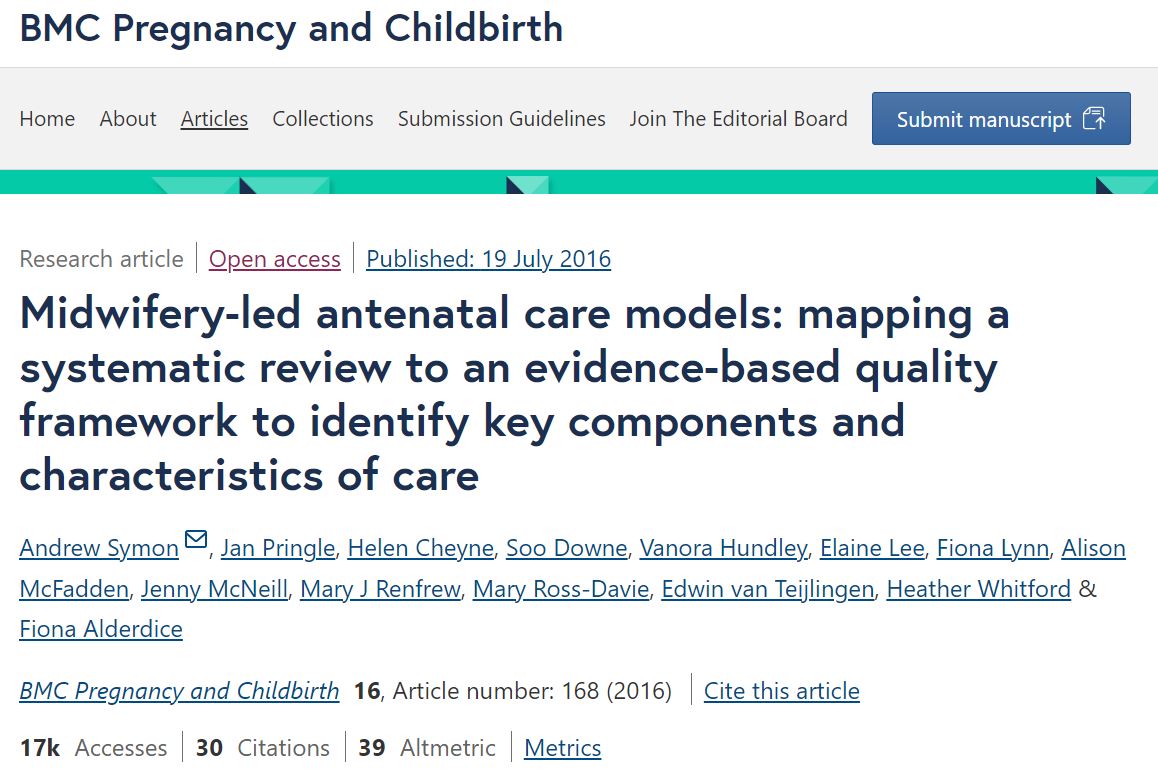


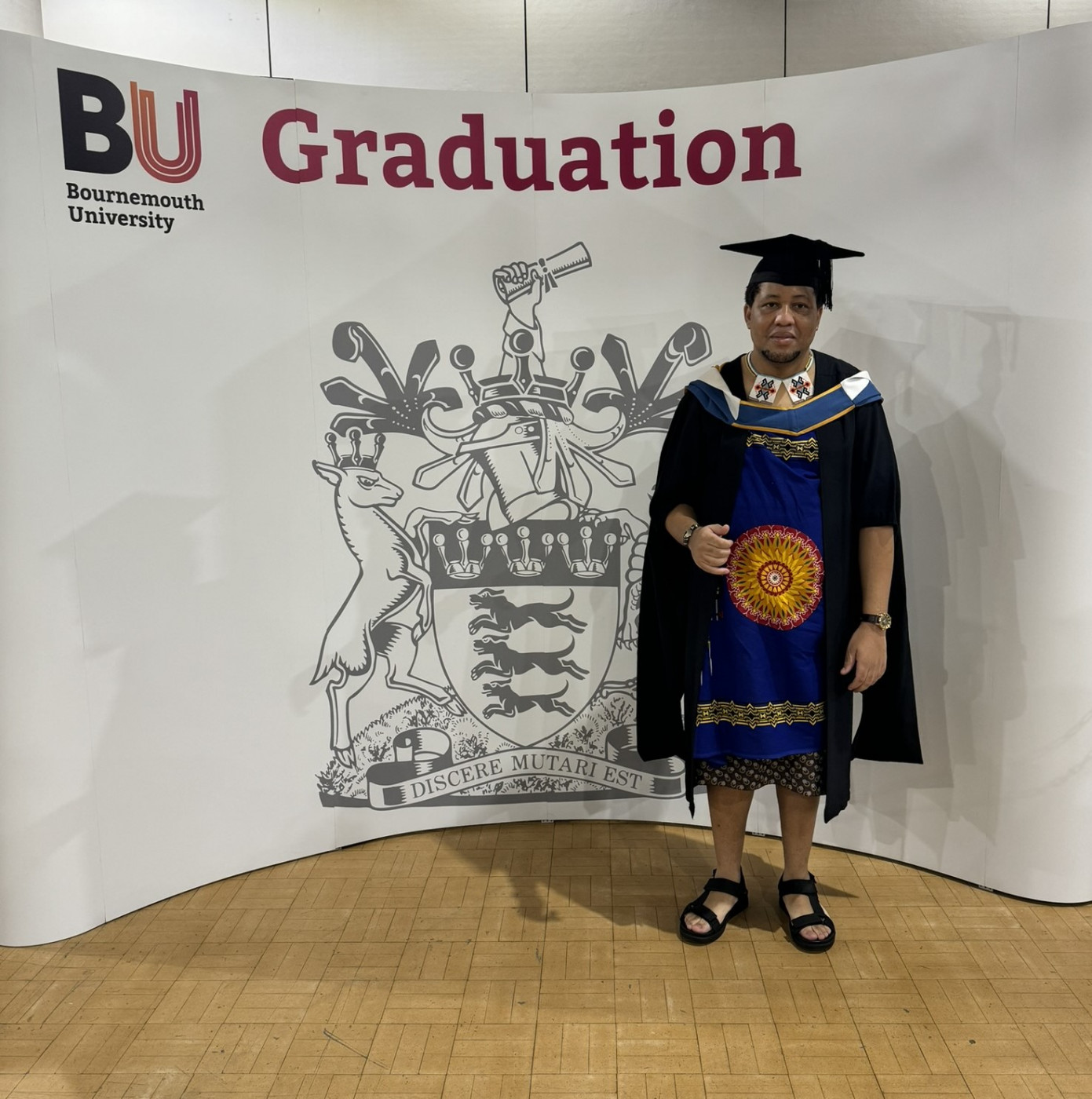
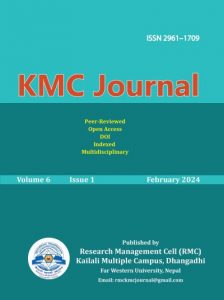


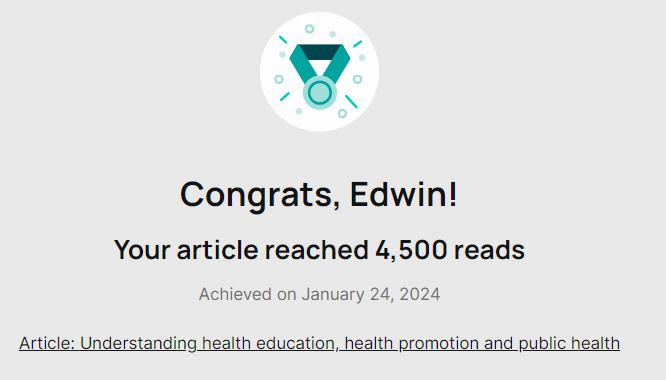

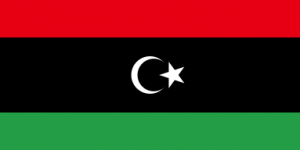
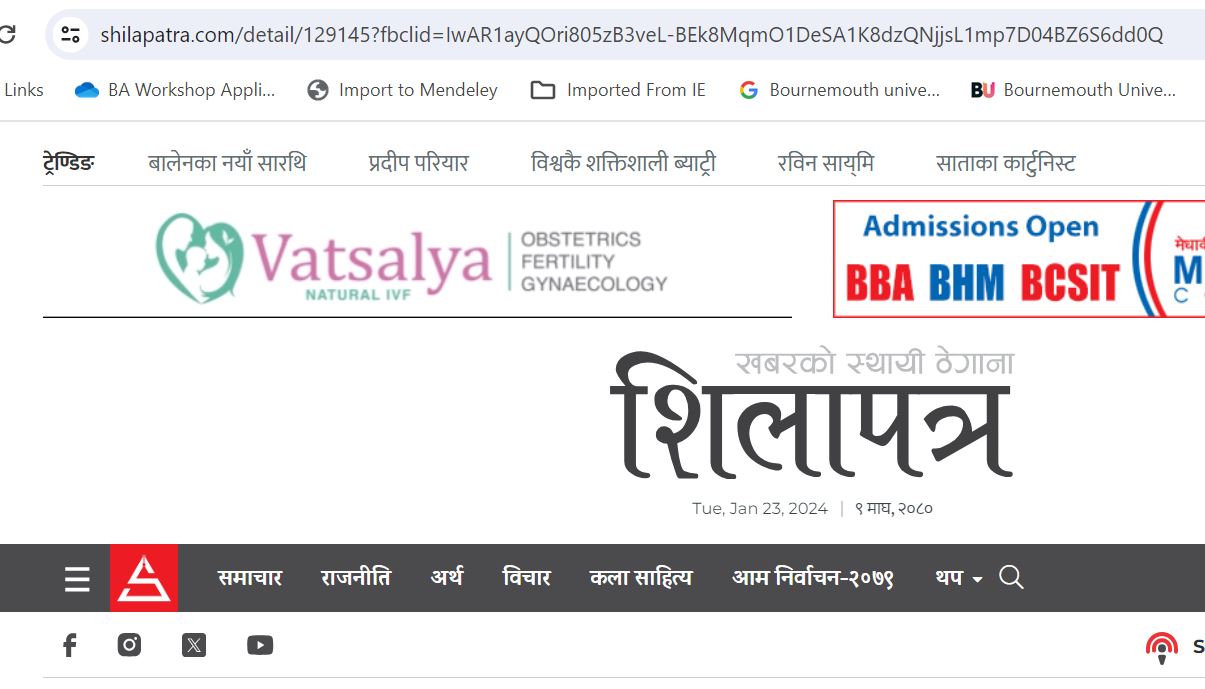
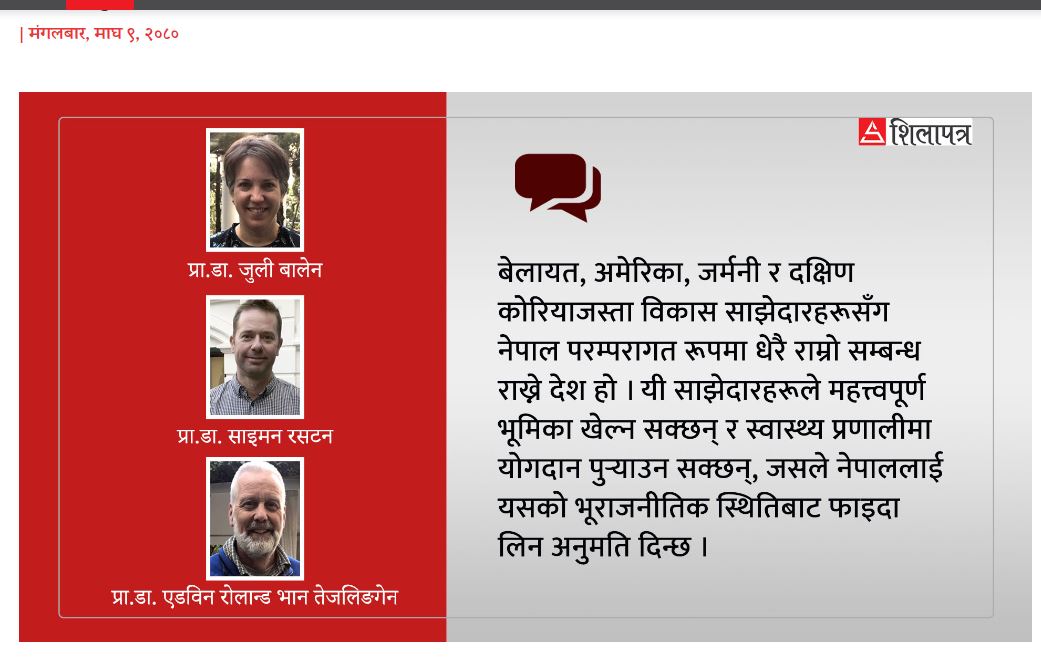
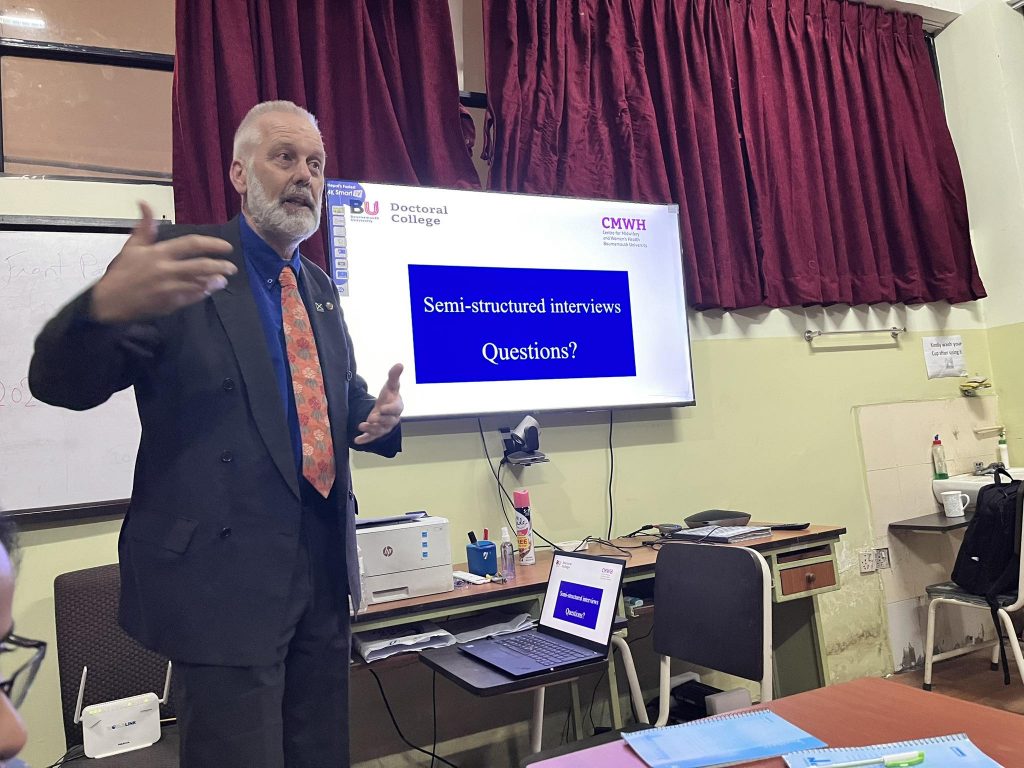
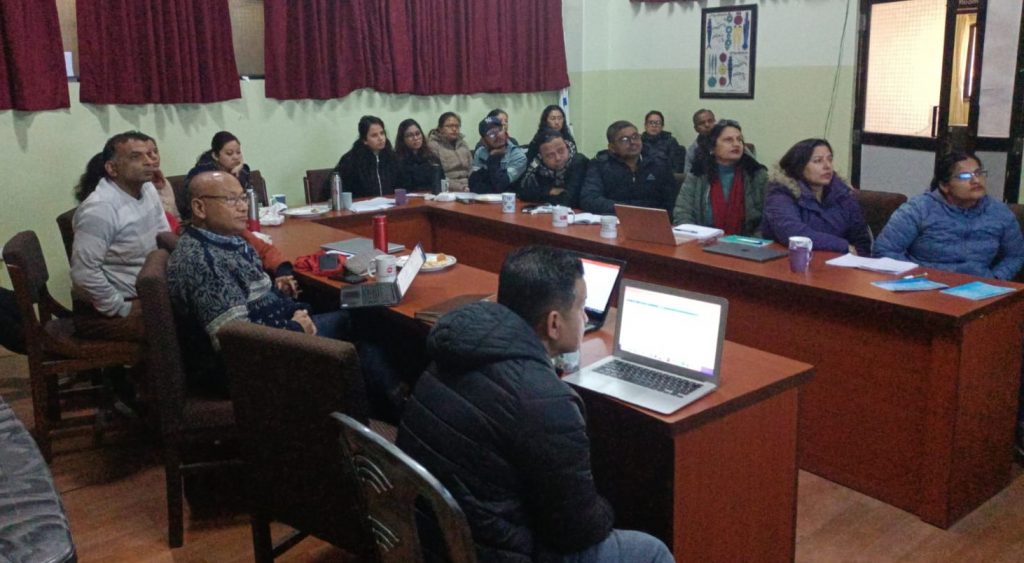
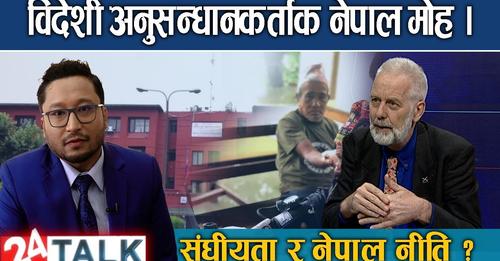
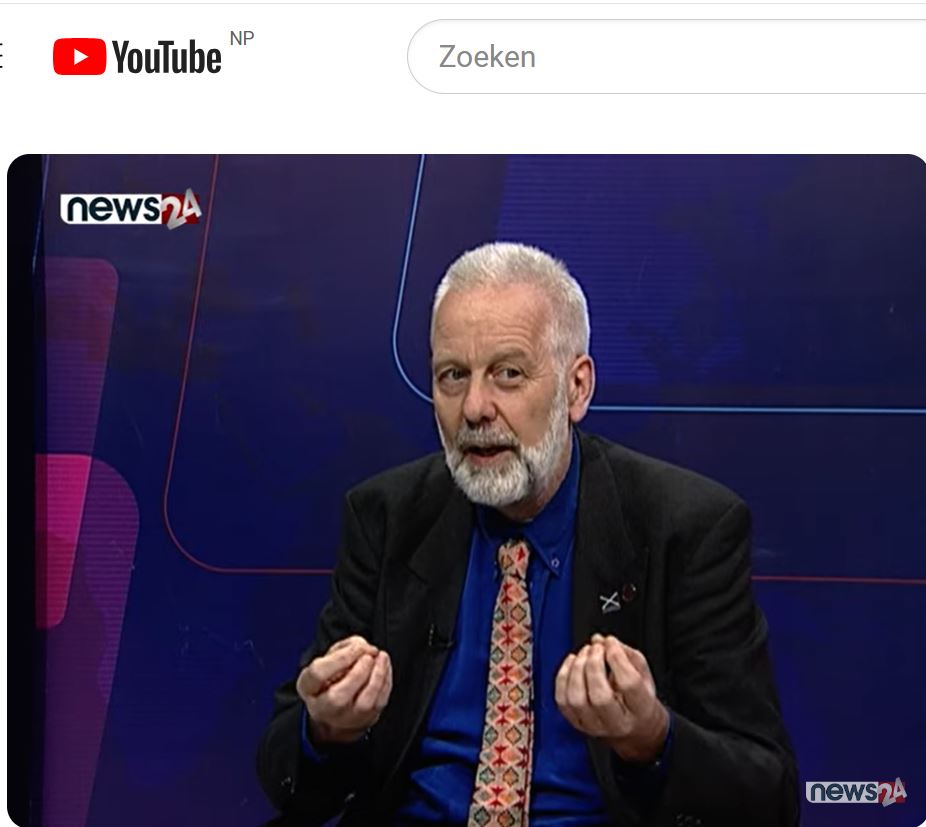
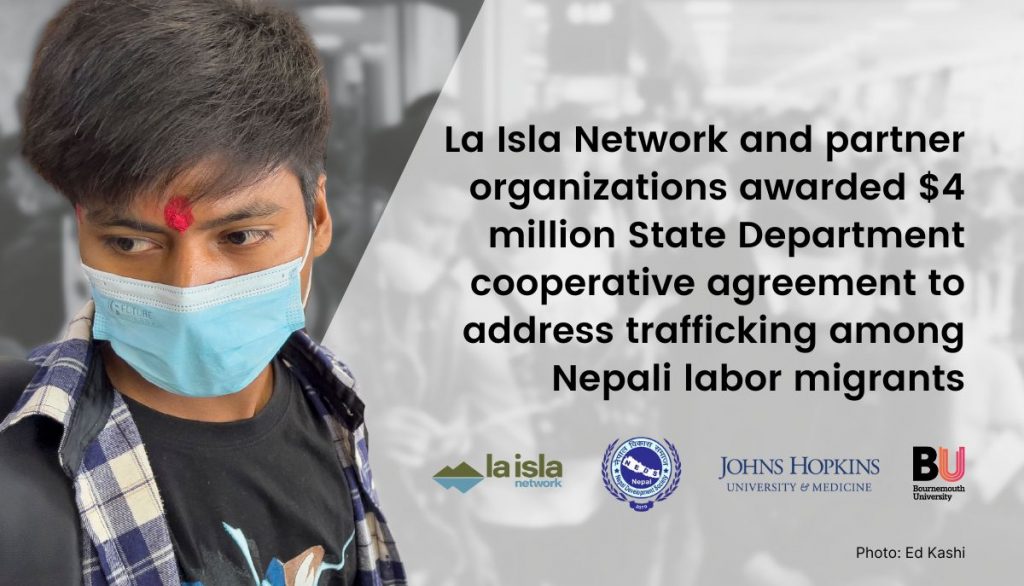
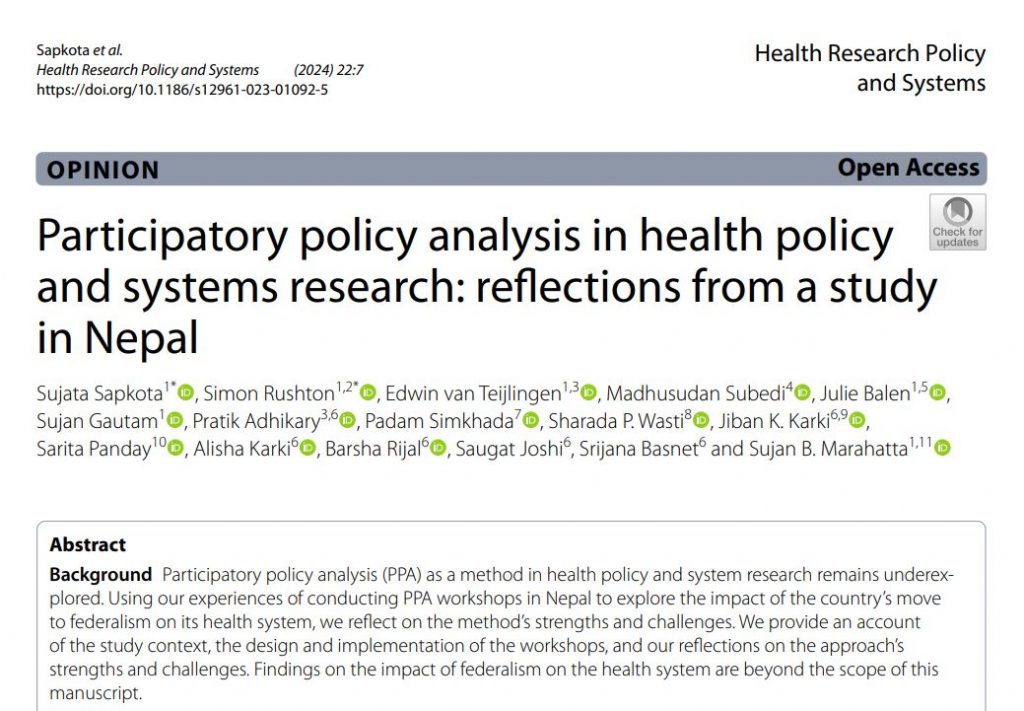
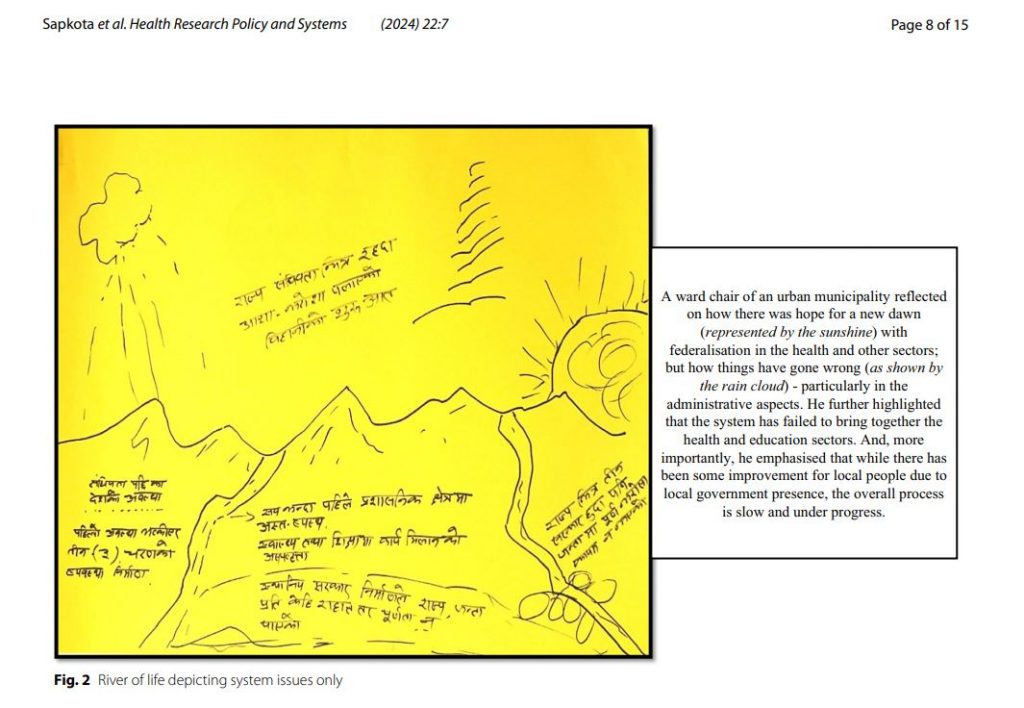
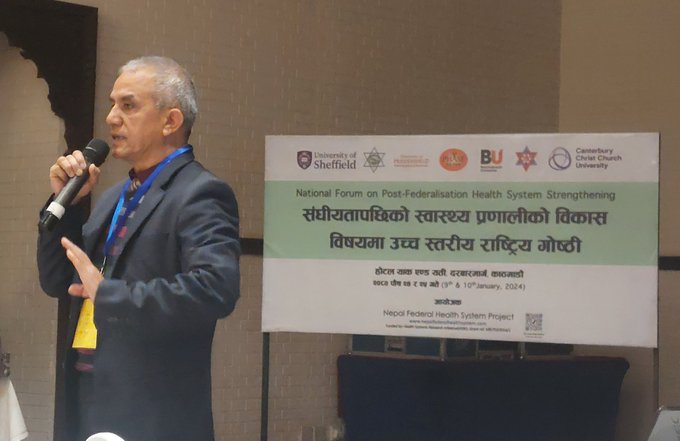
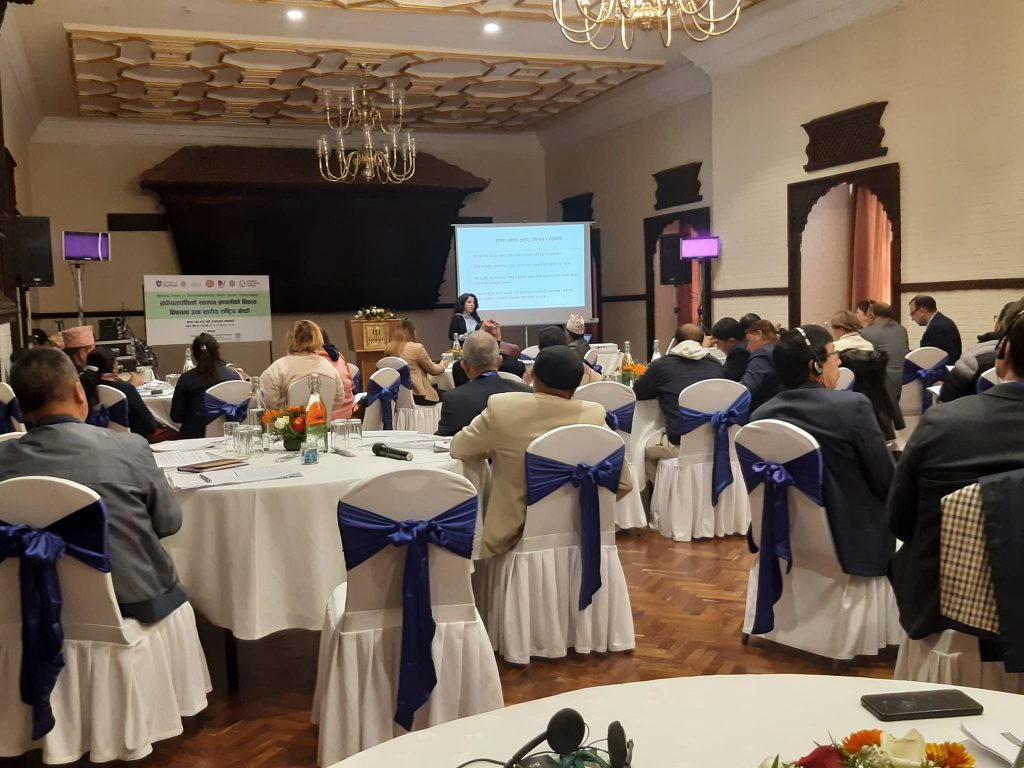
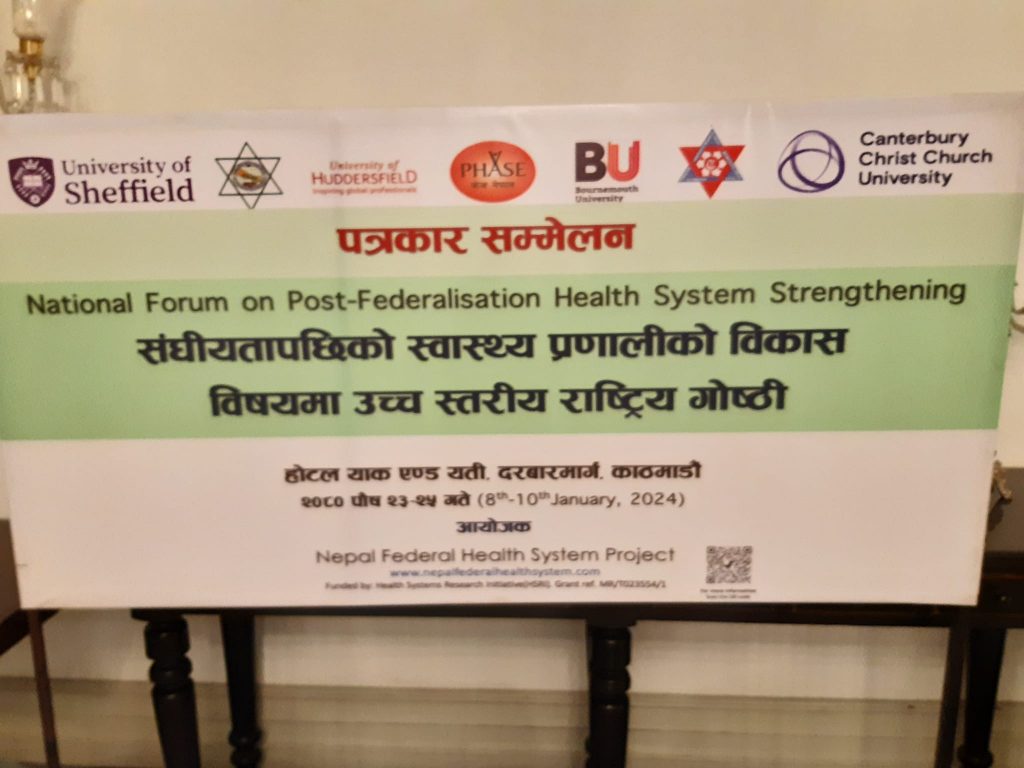
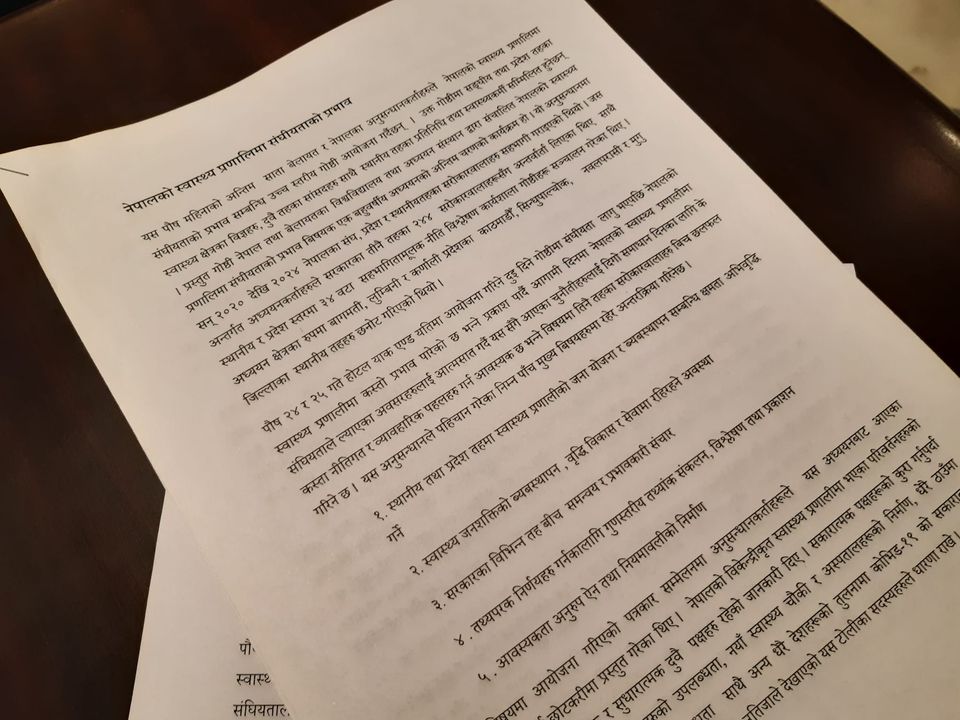
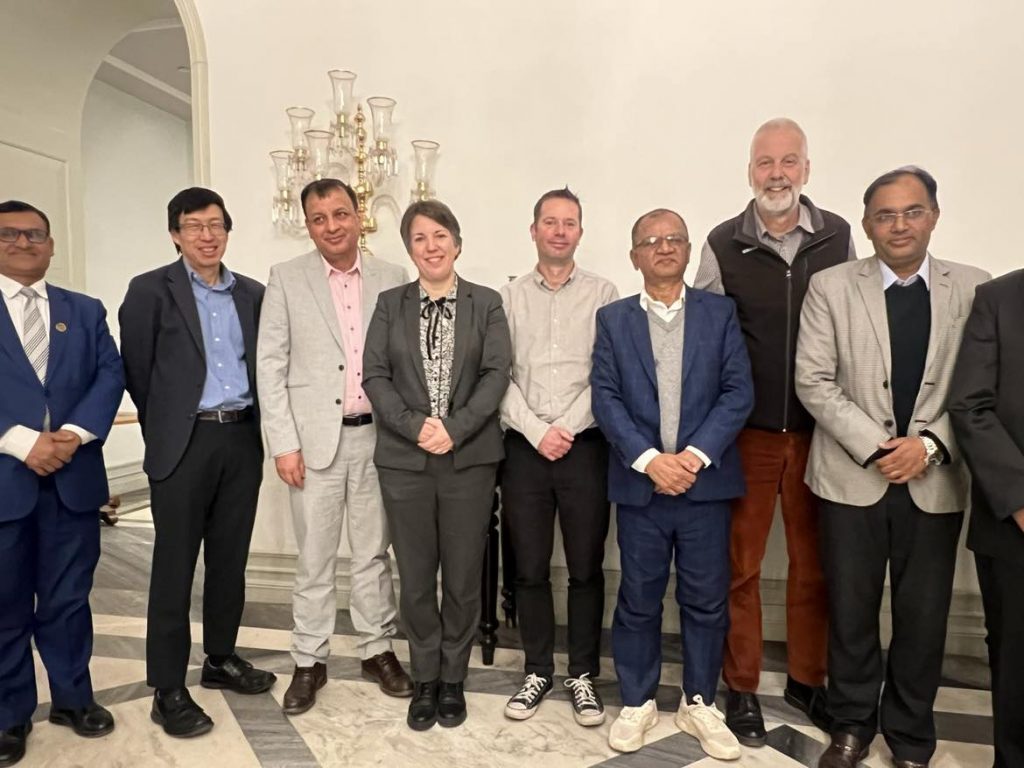
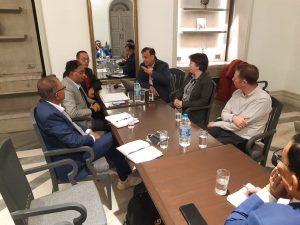

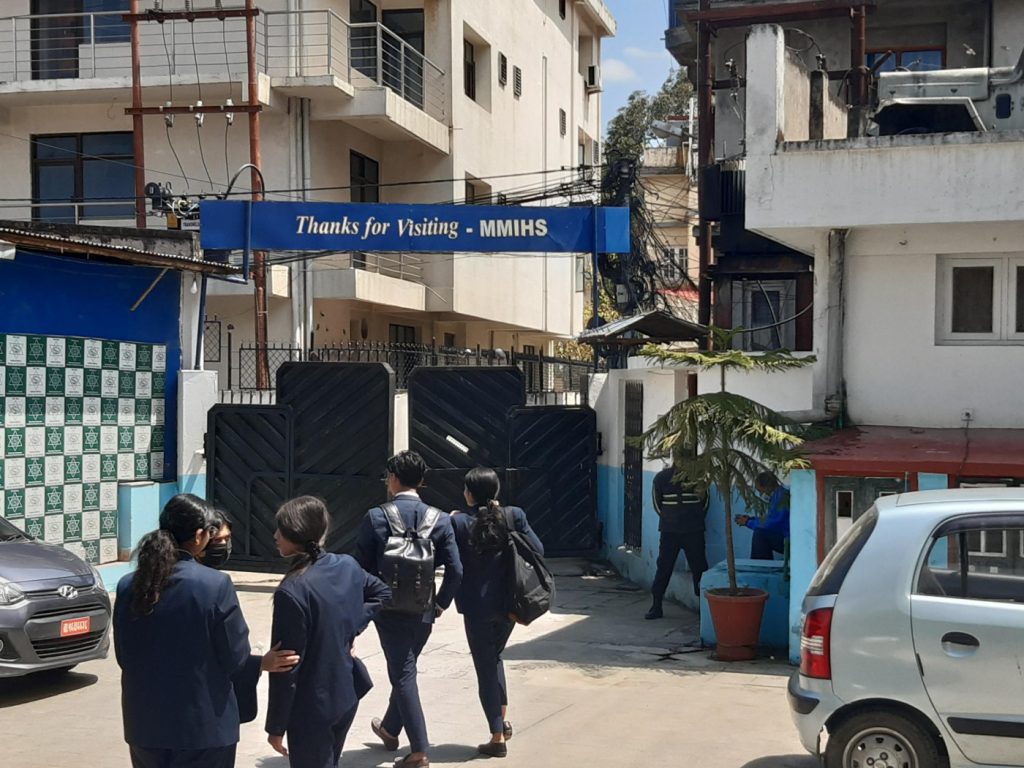
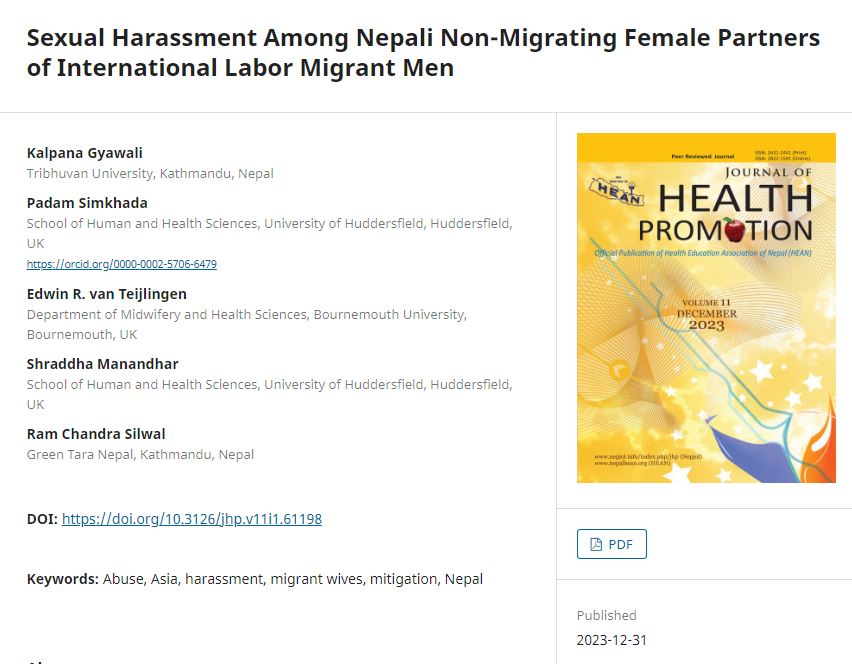


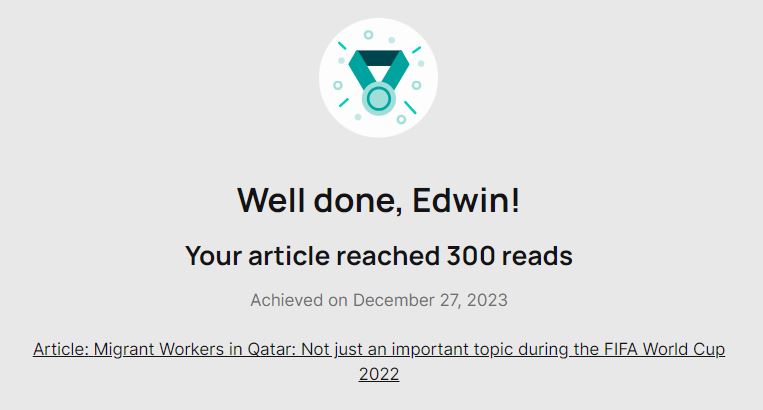
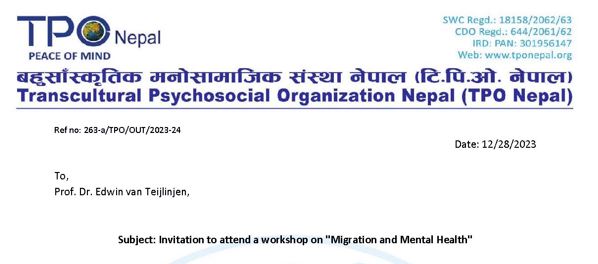
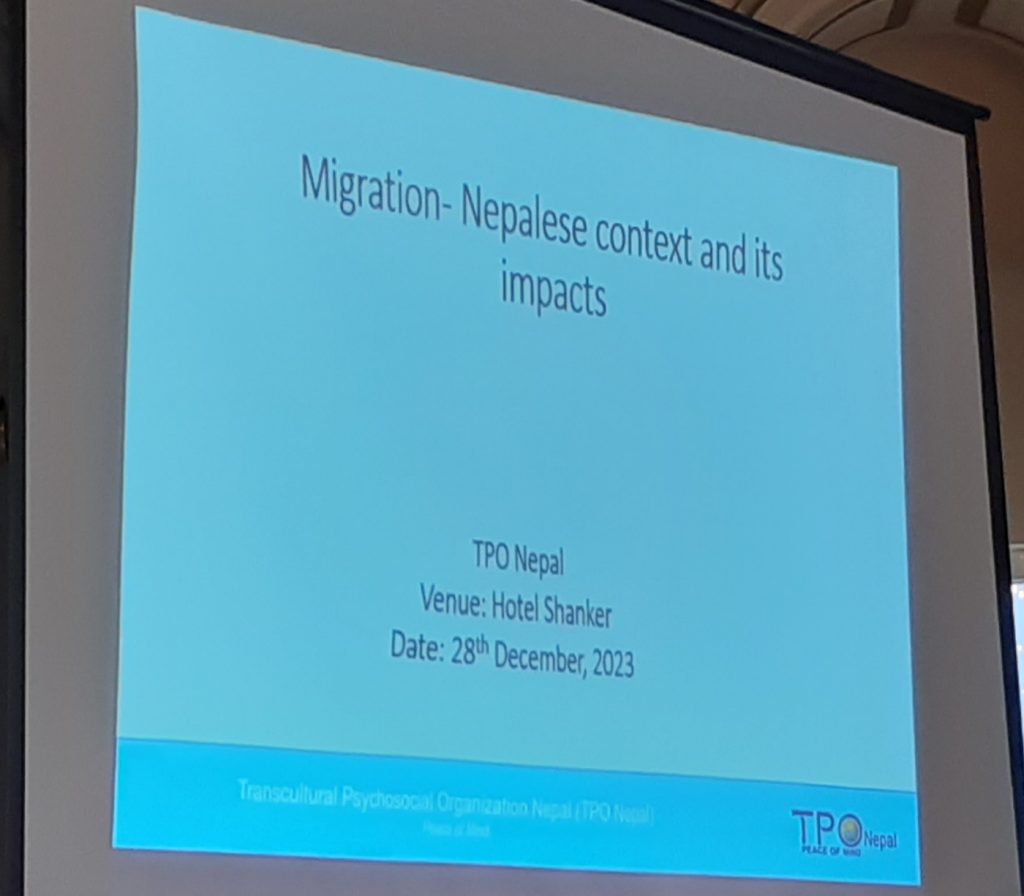
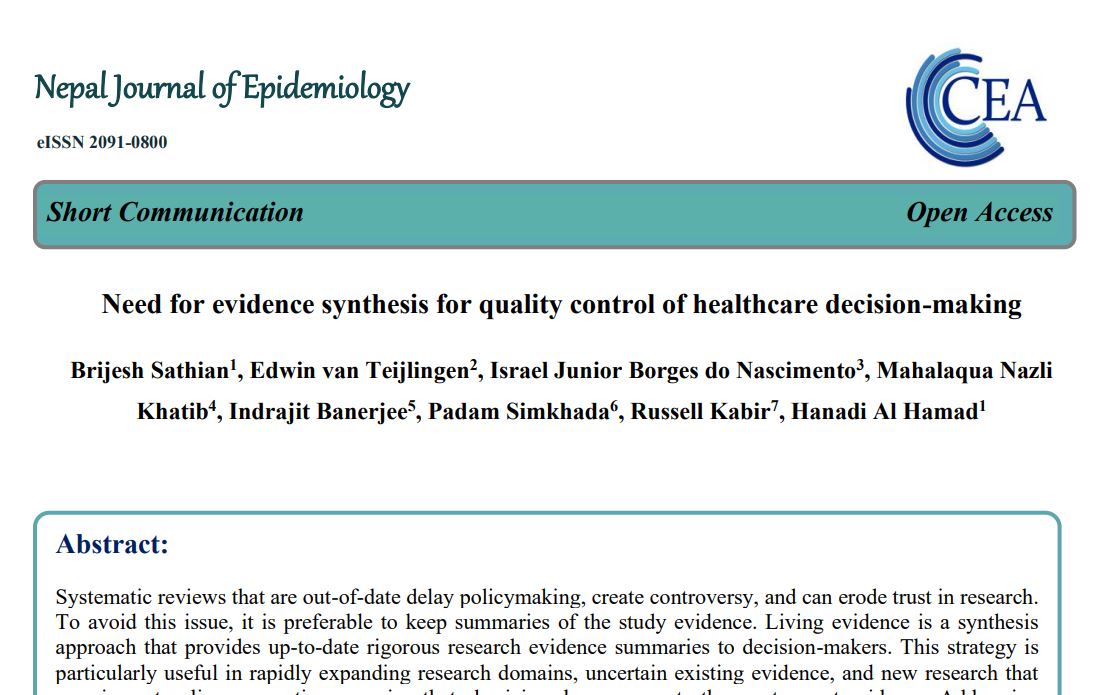
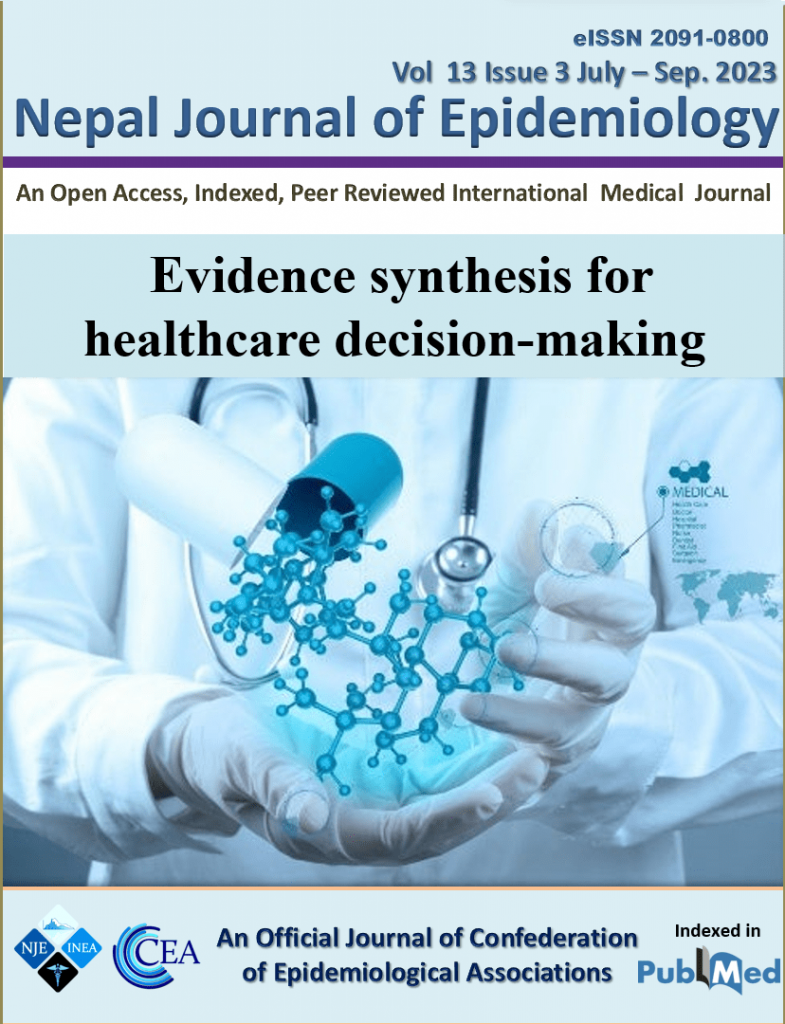











 REF Code of Practice consultation is open!
REF Code of Practice consultation is open! BU Leads AI-Driven Work Package in EU Horizon SUSHEAS Project
BU Leads AI-Driven Work Package in EU Horizon SUSHEAS Project Evidence Synthesis Centre open at Kathmandu University
Evidence Synthesis Centre open at Kathmandu University Expand Your Impact: Collaboration and Networking Workshops for Researchers
Expand Your Impact: Collaboration and Networking Workshops for Researchers ECR Funding Open Call: Research Culture & Community Grant – Apply now
ECR Funding Open Call: Research Culture & Community Grant – Apply now ECR Funding Open Call: Research Culture & Community Grant – Application Deadline Friday 12 December
ECR Funding Open Call: Research Culture & Community Grant – Application Deadline Friday 12 December MSCA Postdoctoral Fellowships 2025 Call
MSCA Postdoctoral Fellowships 2025 Call ERC Advanced Grant 2025 Webinar
ERC Advanced Grant 2025 Webinar Update on UKRO services
Update on UKRO services European research project exploring use of ‘virtual twins’ to better manage metabolic associated fatty liver disease
European research project exploring use of ‘virtual twins’ to better manage metabolic associated fatty liver disease